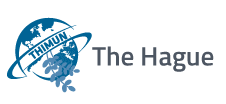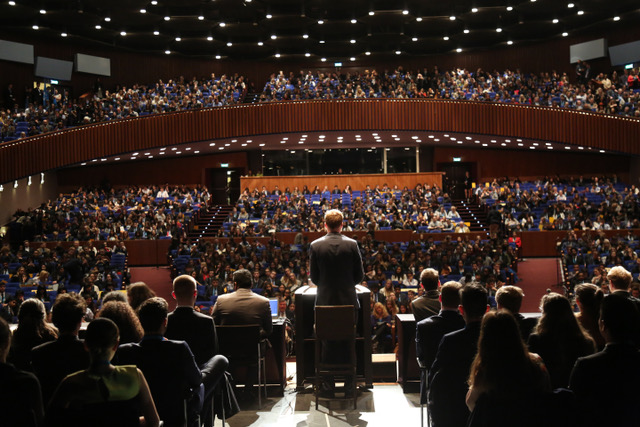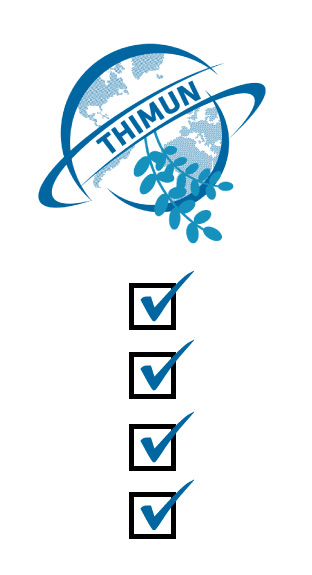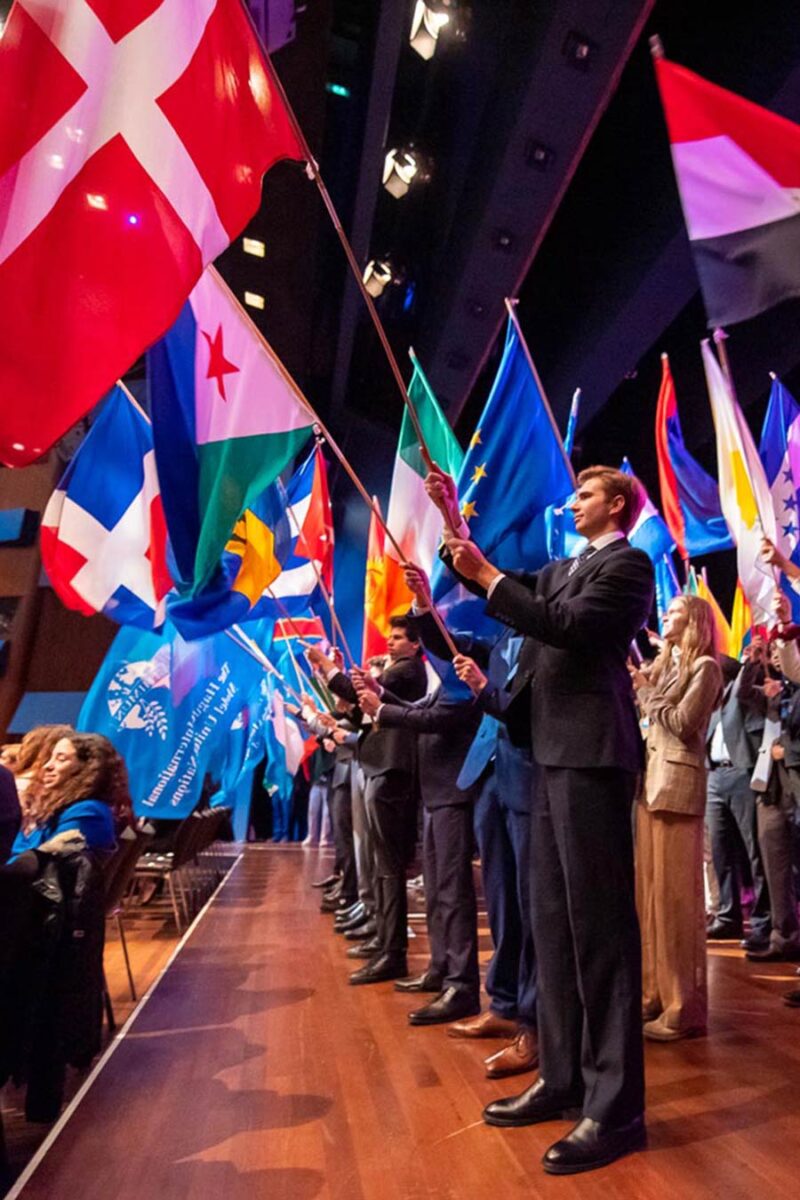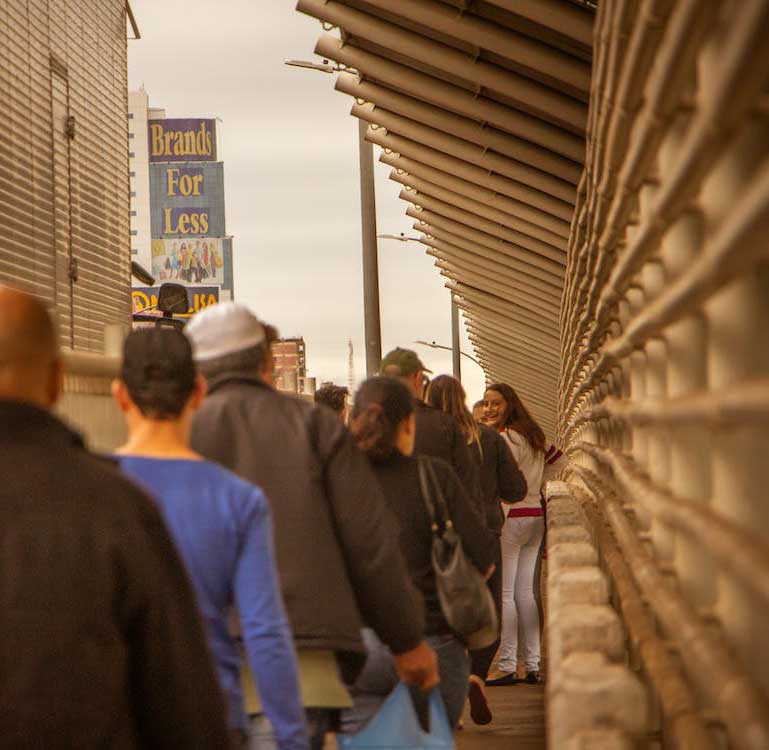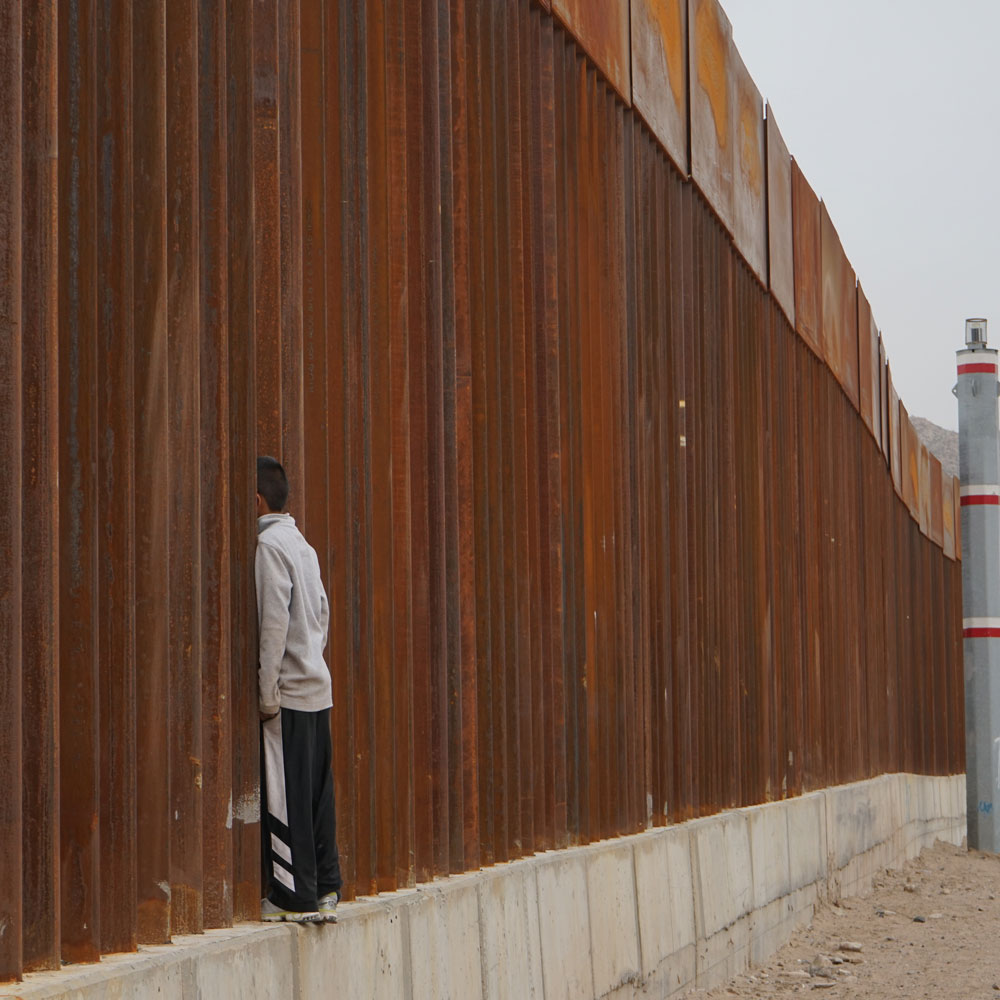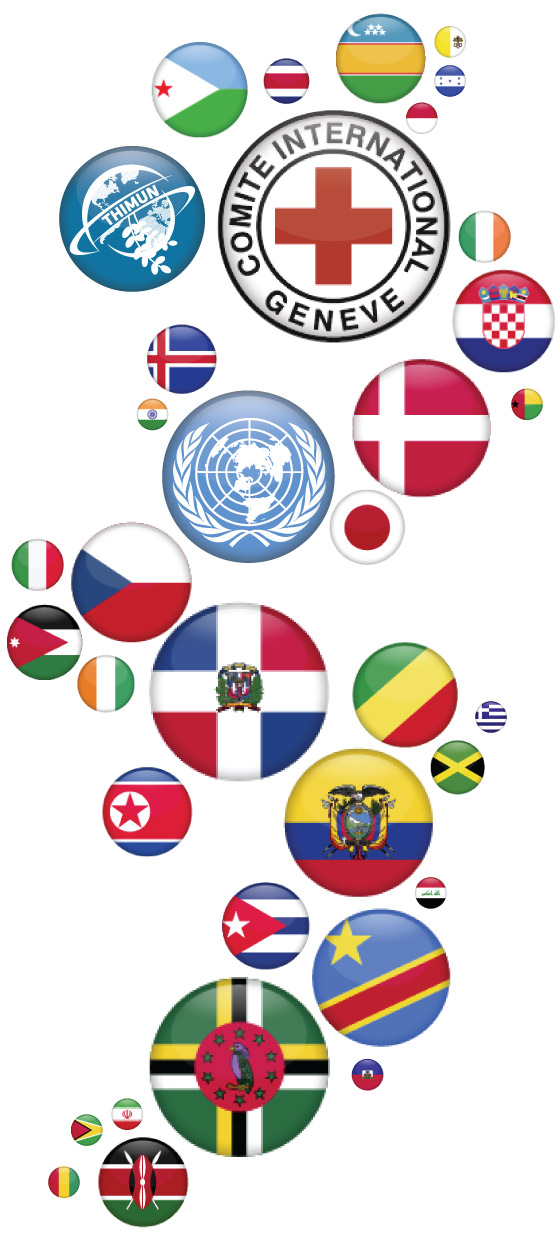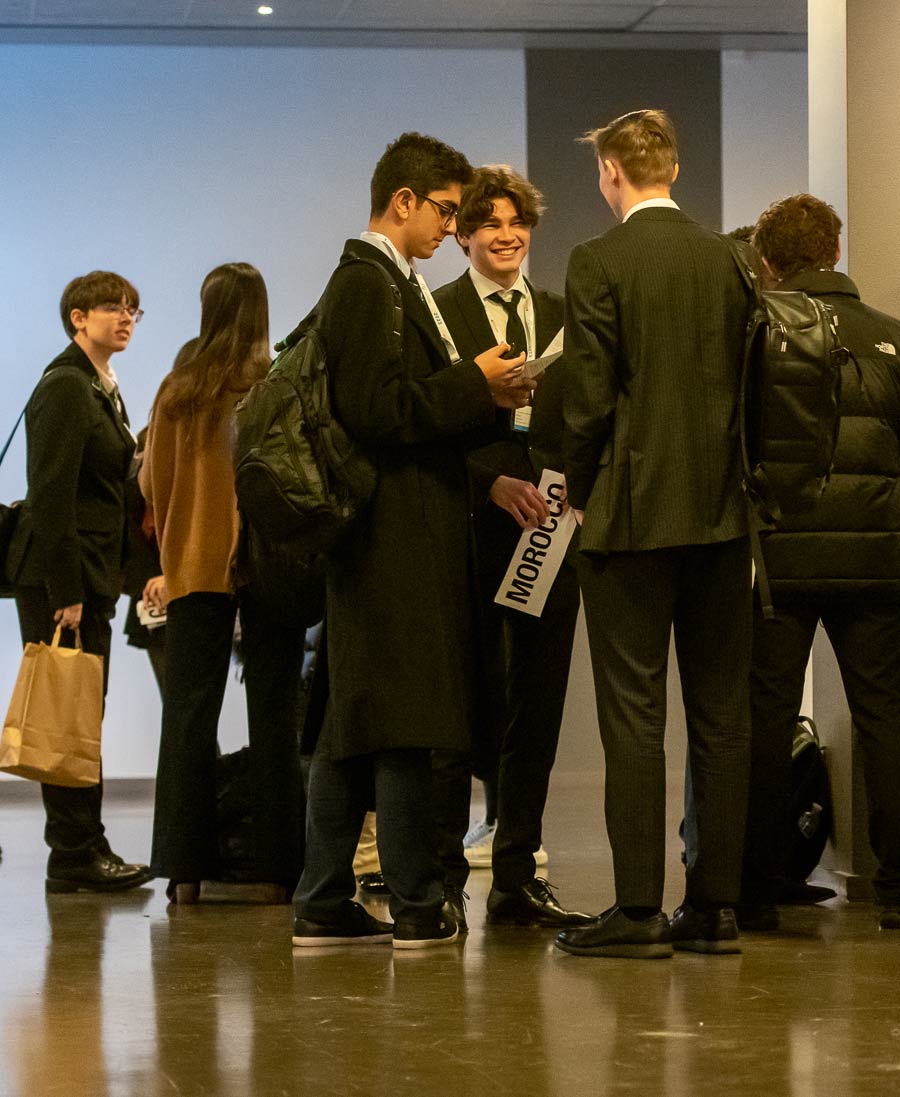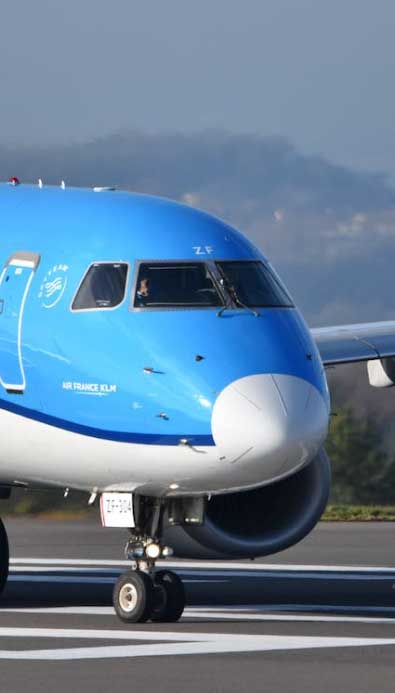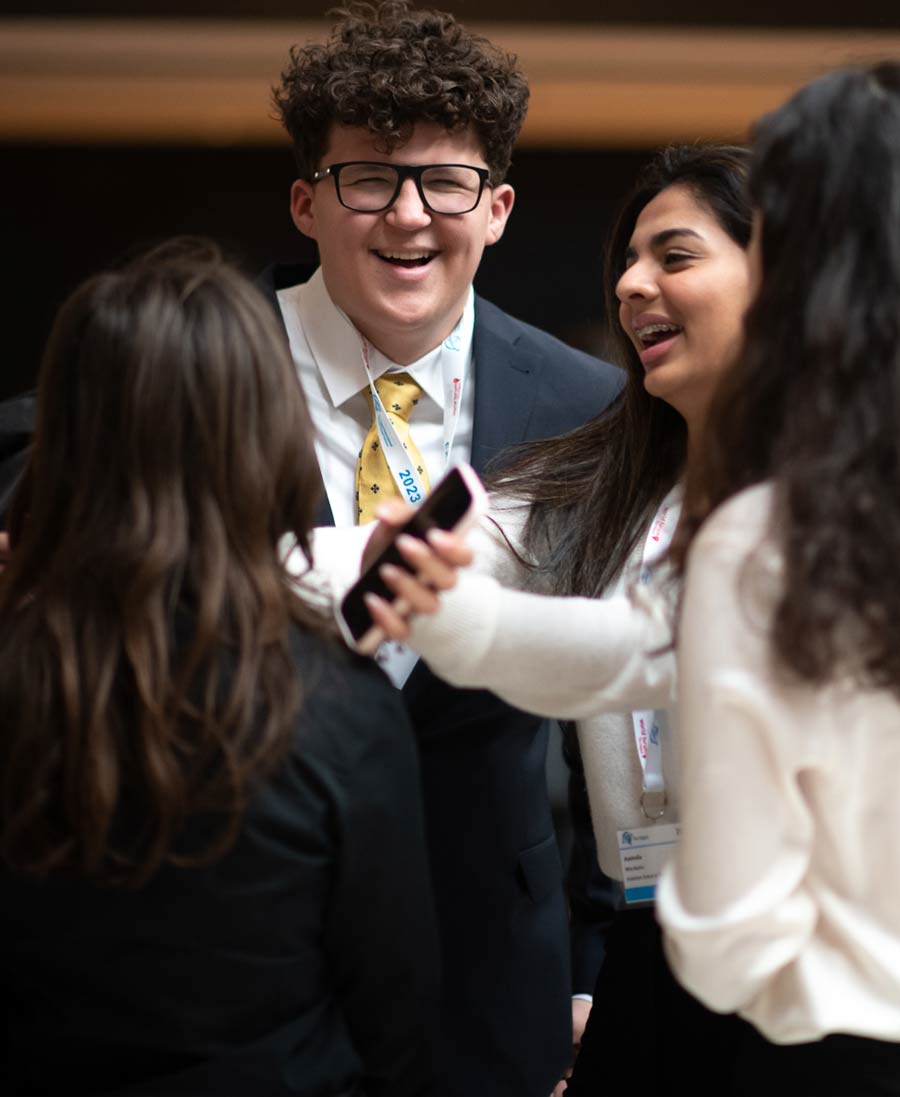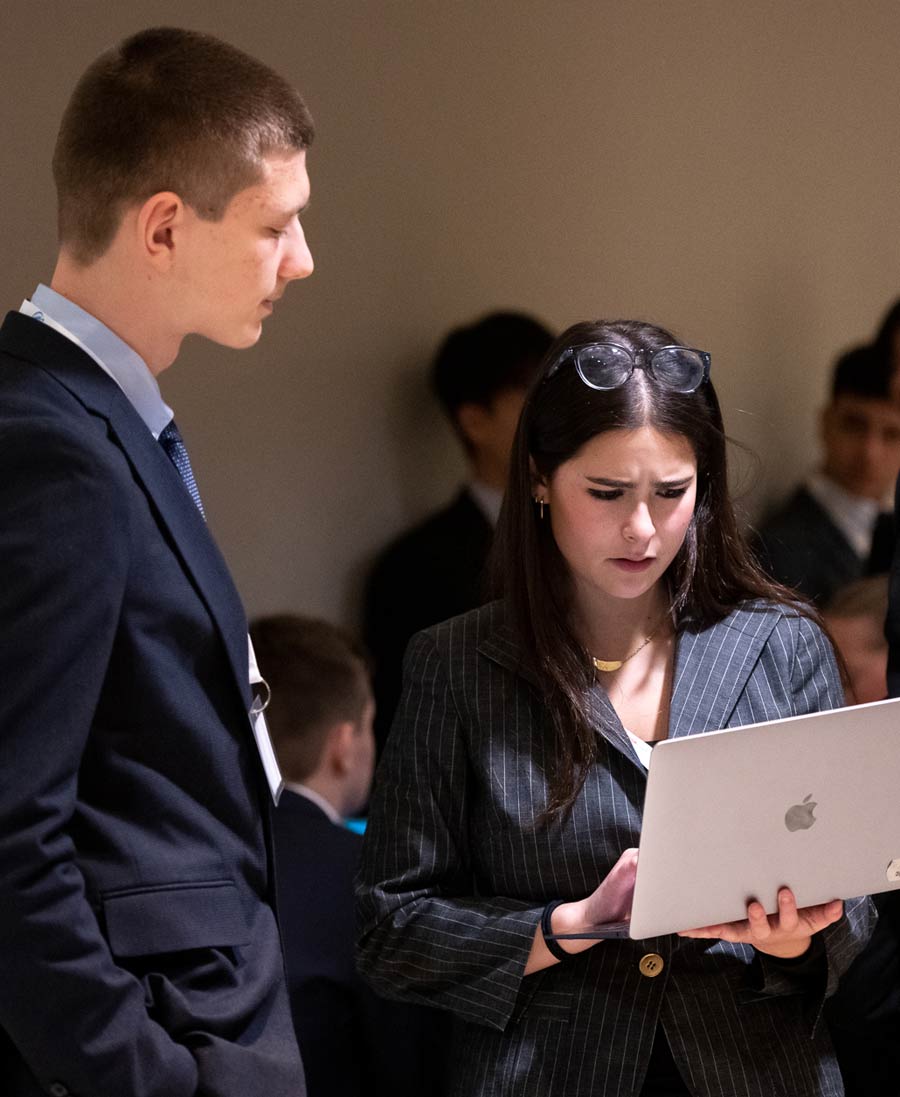APPLICATIONS
Students apply individually for positions in the following categories:
GENERAL RULES FOR APPLICATION
The general rules for these applications are as follows, unless otherwise specified.
- Only students from participating schools can apply for an individual student position.
- All students applying for one of the above positions must complete an Application Form, write a formal letter of application/motivation and provide a letter of recommendation from their MUN-Director.
- Complete applications must be received at the THIMUN The Hague Office by the final closing date, Friday 22nd September 2023. Late or incomplete applications will not be considered.
- Students can only apply for a position in ONE of the categories.
I. STUDENT OFFICERS
The Student Officer Team consists of the Executive Committee together with the Presidents, Deputy Presidents, Committee Chairs and Deputy Committee Chairs in the various forums.
All student Officers must be thoroughly conversant with Parliamentary Procedure and particularly with the current THIMUN Rules of Procedure. They must have a good knowledge of current affairs as well as of the issues on the agenda. They must write a research report and must be prepared to be actively involved in the lobbying process, coordinating the work of their respective council or committee throughout the week.
In their application candidates should state which position and which forum(s) they are particularly interested in. Please note that students in their final year at secondary school who have not previously chaired at THIMUN or at a THIMUN-Affiliated conference are unlikely to be selected.
Once the student officers have been selected, they will be contacted by the Executive Committee with further details on preparing for the conference. Part of this preparation is to research the issues on the agenda and to write a Research Report that must be prepared well in advance to the conference. They will also be required to join online briefings before the actual conference.
The Executive Committee consists of:
Secretary General, Deputy Secretaries General and President of the General Assembly
President of the Security Council
President of ECOSOC
President of the Special Conference
Presidents of the three Commissions (Environment, Human Rights and Sustainable Development)
President of the ICJ/ICC/HSC/SFU (4 positions)
Registrar of the ICJ/ICC (2 positions)
Executive Administrative Officer
Deputy Presidents and Committee Chairs
The Deputy Presidents of the three Commissions and the Special Conference preside over the sub- commissions when they are in session and assist the President in lobbying and in the plenary sessions. The Committee Chairs will each preside over one of the four GA Committees when they are in session. Most of these positions are expected to be filled by those who have already held a position at THIMUN or a THIMUN-Affiliated conference as Deputy President or Deputy Chair.
Deputy Committee Chairs
In general, Deputy Chairs are appointed to provide an opportunity for younger students to gain experience. It is hoped that such students will prove themselves capable and will be available to serve again at the subsequent session of THIMUN. Thus, preference will be given to students able to attend in 2024 as well as in 2025.
II. INTERNATIONAL COURT OF JUSTICE (ICJ)
The ICJ consists of approx. 20 judges (including Officers) who will examine 2 cases concerning legal disputes between member states. Each case will be argued by advocates representing the parties to the dispute. Each party in the case will be represented by a pair of advocates.
The judges and the advocates are independent lawyers and not members of any country delegation, though the advocates may consult the delegation whose country they are representing. Advocates may also be called upon to act as judges in the alternate case. Applications are sought from outstanding students of sound academic ability, with a capacity for independent research, a good knowledge of international affairs and MUN experience. An interest in law would be an advantage but applicants are not expected to be legal experts. In their application, as well as outlining their qualifications and experience, candidates must state whether they are interested in being a student officer, a judge or an advocate and suggest which particular case they would be more interested in, preferably giving a reason for their choice.
As advocates need to prepare and work as a tandem, applications for these positions will only be considered when at least two applications come in from the same school.
Once selected, the judges and advocates are expected to make a special study of the Statute, Rules of Court and procedures of the International Court of Justice and Mr Robert Stern’s Briefing Guide for participants of the ICJ. Both judges and advocates are also expected to research the particular cases before the ICJ.
III. HISTORICAL SECURITY COUNCIL YEAR 1973 (HSC)
A Historical Security Council [HSC] will be held at THIMUN 2024 and the year selected is 1973. Fifteen schools with teams of 2 delegates per school, will each represent one of the member states that composed the Security Council in 1973 (see page 12 in the Registration Handbook for member states). Similar to the ‘regular’ Security Council, the Historical Security Council is composed of 5 permanent members and 10 members elected for a two-year term. Candidates to this forum must apply by completing the specific HSC Application Form.
The delegates will simulate the Security Council on the year 1973 and will confront 3 critical events in chronological order (see Issues on the Agenda). The focus is on what the SC could have done when confronted with these crises.
IV. INTERNATIONAL CRIMINAL COURT (ICC)
The ICC at THIMUN 2024 will consist of the one hand of judges and of the other hand members of two different parties (Prosecutor Office and Defence Office). They are independent lawyers and not members of any country delegation.
Applications are sought from outstanding students of sound academic ability, with a capacity for independent research, a good knowledge of international affairs and MUN experience. An interest in law would be an advantage but applicants are not expected to be legal experts. In their application, as well as outlining their qualifications and experience, candidates must state whether they are interested in being either a student officer or a judge/prosecutor/defence.
The ICC at THIMUN will consist of three student officers (President, Deputy President & Registrar) and two teams of eight, who will be judges for 2 days and a member of the Prosecutor or Defence Office for the other two remaining days. When the eight applicants are not judges, they will either be on the Prosecutor Office or the Defence Office.
Once selected, all applicants are expected to make a special study of the Statute, Rules of Court and procedures of the International Criminal Court and the Model ICC Guidebook, as well as present their evidence on the case.
V. SPECIAL FORUM ON UKRAINE (SFU)
This forum, consisting of 29 panellists (page 13 Registration Handbook), has the task of concluding a communiqué. All applicants must belong to a participating school and should be students with ample previous (THI)MUN experience.
What distinguishes this forum from all other forums at THIMUN is that panellists will be the representatives of bodies as diverse as countries, UN agencies or other international or national organisations. As such, they will not only bring political and diplomatic perspectives, but in addition economic, cultural, technical, judicial, and environmental dimensions to this forum.
The purpose of the debate is not to draw up a regular resolution, but a communiqué that is advisory more than mandatory in tone. The rules of procedure are akin to those of the Security Council, however, more than voting on each clause, the panellists must seek consensus. The Special Forum will debate only in plenary session. Of course, the quality of the debate highly depends on the experience, flexibility, and enthusiasm of the participants to the forum.
VI. MUNITY PRESS DELEGATION
Press delegates, under the supervision and direction of the Press Coordinator, are responsible for producing the conference newspaper and online content. The Press Delegation includes layout editors, text editors, experienced reporters, photographers, cartoon artists and videographers.
The letter of application should include details of the applicant’s journalistic skills, familiarity with word processing, desktop publishing (InDesign), photo and/or video editing programs, MUN experience and knowledge of international affairs (for writers).Applicants are encouraged to send samples of their work, e.g. articles, photos, artwork, or layouts published in school or student newspapers and magazines, essays or assignments in English, History, International Relations or Art classes. Successful applicants are expected to be engaged in an online forum in the months before the conference, contributing their ideas and work for publication in the pre-conference issue of MUNITY.
SUCCESSFUL APPLICANTS
The list of students whose applications have been successful will be published by Friday, 20th October 2023 at the latest in the Conference Web-App.
FEES
Except for the Executive Committee of the Student Officer team, all students holding individual positions will be charged the full participant fee.
